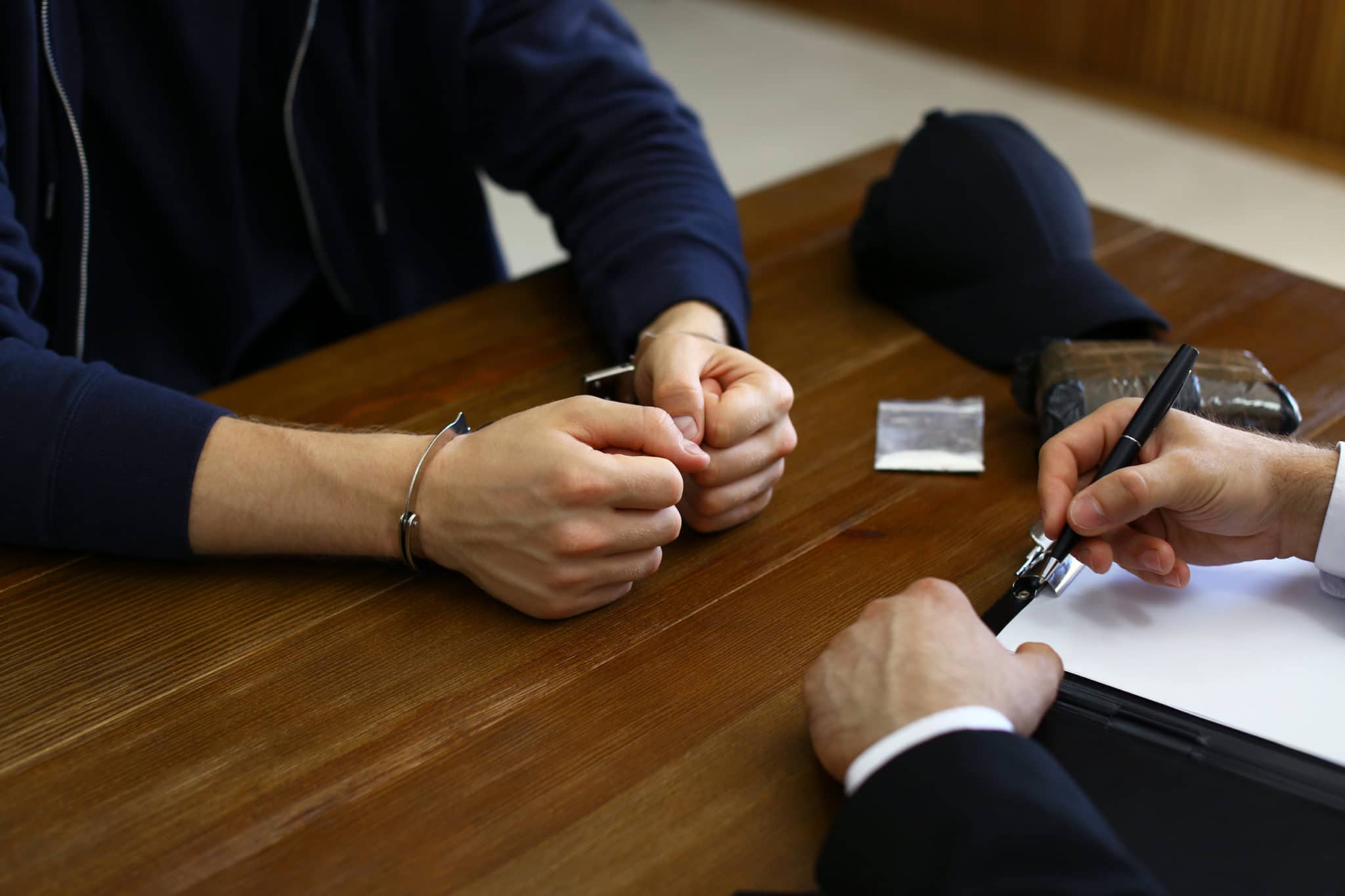Is It Illegal to Sell Fake Drugs in IL?
It may surprise many people to learn that if you’re selling something as a drug that isn’t really the illegal controlled substance you’ve portrayed it to be – it’s still illegal.
Being busted for selling fake drugs in Illinois is a felony, no matter the actual substance. As long as it looks like what you’re portraying, then it’s a crime. In fact, Illinois treats these similar fake substances as if they were real drugs, and the charges are similar.
Here’s what you need to know about selling fake drugs in Illinois, plus the penalties you can face.
What Counts as a Fake Drug?
Fake drugs are also referred to as “look-alike drugs,” which are substances that bear a very similar appearance to real drugs – and are sold as such. This can include any type of controlled substance like marijuana, pills, heroin, and cocaine.
As long as it has been designed to look the same – through branding, size, packaging, appearance, coloring, or even smell – it’s counted as a look-alike substance. Basically, if someone could be fooled into thinking it’s the same thing as the real substance, then it’s a look-alike.
Getting Caught Selling These Substances
Under Illinois state law, it’s illegal to possess, manufacture, advertise, or distribute look-alike substances. In cases where people are caught with these substances, it’s normally because they are trying to sell them as the real thing, and law enforcement catches them doing so.
What Are the Potential Penalties?
If you deliver a look-alike substance to someone over 18 years of age in the state of Illinois, or you manufacture, deliver, possess, or advertise the substance with the intent to deliver it, then you face a Class 3 felony. That is punishable by up to five years behind bars and fines of as much as $150,000.
If you attempt to deliver the substance to someone who is under 18 years of age, or you manufacture, deliver, advertise, or possess with the intent to deliver the substance to them, it is also a Class 3 felony. However, the penalties are much harsher. You can be sentenced to up to 10 years in prison and be responsible for fines of as much as $300,000.
If you are caught in possession of a look-alike substance the first time, it’s a petty offense and may result in fines of as much as $1,000. However, the second time and each time after is a Class C misdemeanor, which is punishable by up to 30 days in jail and fines of as much as $1,500.
You may also be sentenced to probation. Regardless, it’s important to engage a lawyer on your behalf if you are accused of this crime to help form a defense against the charges.

Common Defenses
Just like any other crime, there are many potential defenses that can be used by a skilled attorney for the possession or sale of look-alike substances. The right defense depends on the circumstances of your case, but, in general, some defenses are commonly used.
How the drugs were found is at the heart of any defense. If it was because your property was searched, it’s important to determine if the police had the right to do so in the first place. A good criminal lawyer will look at every angle to help determine the best defense for you.
About the Author:
Andrew M. Weisberg is a former felony prosecutor who now serves as a defense attorney in the greater Chicago area. He has extensive experience in handling all types of criminal cases, from sex offenses and domestic violence to retail theft-related crimes, murder, and drug crimes. His work has been recognized by Avvo, Expertise, National Trial Lawyers, and others, and he has been featured on countless news outlets for his experience and knowledge in criminal law.







 Blog Home
Blog Home 










